Space
Sign up for our newsletter
We summarize the week's scientific breakthroughs every Thursday.
-
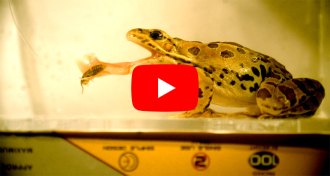 Science & Society
Science & SocietyWatch our most-viewed videos of 2017
Cassini’s demise, cuttlefish and the Curiosity rover topped our list of most popular videos of 2017.
-
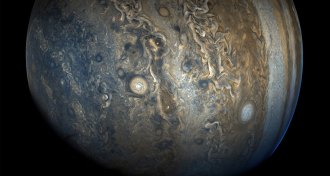 Planetary Science
Planetary ScienceHere’s what you might have missed in space this year
Missions to Jupiter and Saturn made big headlines, and 2017 also saw exciting updates from missions of years past.
-
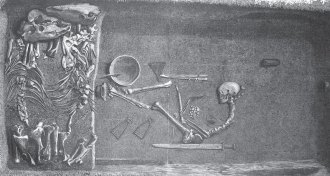 Physics
PhysicsThese 2017 discoveries could be big news, if they turn out to be true
Some findings reported in 2017 are potentially big news, if they hold up to additional scientific scrutiny.
-
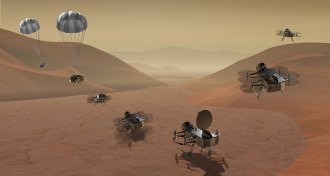 Astronomy
AstronomyNASA’s next stop will be Titan or a comet
The finalists for NASA’s next solar system mission aim to send a drone to Saturn’s largest moon or to return samples from a comet.
-
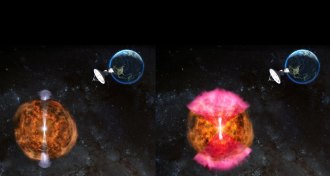 Astronomy
AstronomySmothered jet may explain weird light from neutron star crash
The neutron star collision whose gravitational waves were detected is still glowing in radio waves. The source of those waves might be a new phenomenon.
-
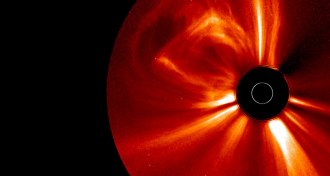 Astronomy
AstronomyThe sun’s outer atmosphere is far more complex than previously thought
The outer corona of the sun was thought to be smooth and uniform. New observations show it’s anything but.
-
 Astronomy
AstronomyOur first interstellar visitor may be a camouflaged comet
Originally thought to be a rocky asteroid, an interstellar traveler may have a comet’s icy heart.
-
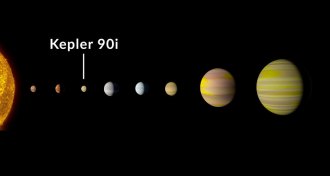 Astronomy
AstronomyAI has found an 8-planet system like ours in Kepler data
An AI spotted an eighth planet circling a distant star, unseating the solar system as the sole record-holder for most known planets.
-
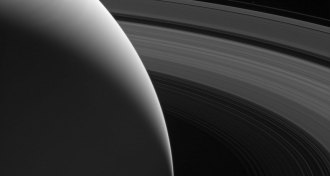 Planetary Science
Planetary ScienceSaturn’s rings are surprisingly young and may be from shredded moons
Final data from the Cassini spacecraft put a date and a mass on the gas giant’s iconic rings.
-
 Science & Society
Science & SocietyThese are the most-read Science News stories of 2017
From Cassini and eclipses to ladybugs and dolphins, Science News online readers had a wide variety of favorite stories on our website.
-
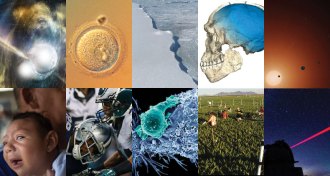 Science & Society
Science & Society2017 delivered humility, and proved our potential
Acting Editor in Chief Elizabeth Quill reflects on some of the top scientific stories of 2017.
-
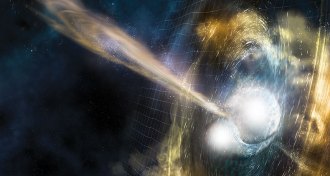 Astronomy
AstronomyThis year’s neutron star collision unlocks cosmic mysteries
A rare and long-awaited astronomical event united thousands of astronomers in a frenzy of observations.